Caliper Supplier
Finding a reliable caliper supplier is crucial for ensuring accuracy and precision in various industrial and engineering applications. This guide explores key factors to consider when selecting a caliper supplier, helping you make an informed decision that meets your specific needs and guarantees the quality and performance of your measuring instruments.
Understanding Your Caliper Needs
Before you start searching for a caliper supplier, it's essential to define your specific requirements. Consider the following:
Types of Calipers Required
Different applications require different types of calipers. Common types include:
- Vernier Calipers: Versatile and affordable, suitable for general measurements.
- Digital Calipers: Offer easy-to-read digital displays and often provide additional features like data output.
- Dial Calipers: Combine the precision of vernier calipers with an analog dial for easier reading.
- Specialty Calipers: Designed for specific tasks, such as measuring inside grooves or wall thickness.
Wayleading Tools offers a wide range of these types of calipers; you can explore their selection at www.wayleading.com.
Measurement Range and Accuracy
Determine the measurement range and accuracy required for your application. Consider the smallest increment you need to measure and the acceptable tolerance. For precision work, you'll need calipers with higher accuracy and resolution.
Material Considerations
The material of the caliper can affect its durability and suitability for certain environments. Stainless steel calipers are resistant to corrosion and ideal for use in harsh conditions. Hardened steel calipers are more resistant to wear. Choose a material that matches your application's demands.
Evaluating Potential Caliper Suppliers
Once you know your needs, it's time to evaluate potential caliper suppliers. Look for the following qualities:
Reputation and Experience
Choose a caliper supplier with a proven track record of providing high-quality products and excellent customer service. Look for online reviews, testimonials, and industry certifications. A supplier with years of experience is more likely to have the expertise and resources to meet your needs.
Product Quality and Certification
Ensure that the caliper supplier offers products that meet or exceed industry standards. Look for certifications such as ISO 9001, which indicates a commitment to quality management. Ask for documentation or calibration certificates to verify the accuracy and reliability of the calipers.
Product Range and Availability
A good caliper supplier should offer a wide range of calipers to suit various applications. They should also have sufficient stock to meet your order requirements, especially if you need a large quantity of calipers. Check if the supplier provides custom caliper options for specialized needs.
Pricing and Payment Terms
Compare prices from different caliper suppliers to ensure you're getting a fair deal. However, don't compromise on quality for the sake of saving money. Consider the total cost of ownership, including shipping, handling, and potential maintenance costs. Inquire about payment terms and financing options.
Customer Support and After-Sales Service
Choose a caliper supplier that offers excellent customer support. They should be responsive to your inquiries, provide technical assistance, and offer after-sales service, such as calibration and repair. A reliable supplier will stand behind their products and provide ongoing support to ensure your satisfaction.
Specific Examples and Considerations
Digital Caliper Features
When selecting a digital caliper, consider features such as:
- Data Output: Allows you to connect the caliper to a computer or data logger for easy data transfer and analysis.
- IP Rating: Indicates the caliper's resistance to water and dust. Choose a caliper with a suitable IP rating for your work environment.
- Resolution: The smallest increment that the caliper can measure. Common resolutions are 0.01mm (0.0005 inch).
Calibration
Regular calibration is essential to maintain the accuracy of your calipers. Choose a caliper supplier that offers calibration services or can recommend a reputable calibration lab. The frequency of calibration depends on the usage and the required accuracy, but it's generally recommended to calibrate calipers at least once a year.
Common Caliper Brands
Several well-known brands are recognized for their quality calipers. These brands often have a wide selection of products and strong reputations. Some examples include:
- Mitutoyo
- Starrett
- Mahr
Example: Comparing Digital Calipers from Different Suppliers
Below is a simplified example of how you might compare digital calipers from different caliper suppliers. Note that prices and specifications may vary.
| Feature | Supplier A | Supplier B |
|---|---|---|
| Measurement Range | 0-150mm (0-6 inch) | 0-150mm (0-6 inch) |
| Accuracy | ±0.02mm (±0.001 inch) | ±0.03mm (±0.0015 inch) |
| Resolution | 0.01mm (0.0005 inch) | 0.01mm (0.0005 inch) |
| Data Output | Yes | No |
| IP Rating | IP54 | IP40 |
| Price | $75 | $60 |
*Prices and specifications are examples only and may vary.
Conclusion
Choosing the right caliper supplier requires careful consideration of your specific needs, the supplier's reputation, product quality, and customer service. By following the steps outlined in this guide, you can find a reliable caliper supplier that meets your requirements and helps you achieve accurate and precise measurements. Remember to consider the total cost of ownership and prioritize quality and reliability over price alone.
Disclaimer: This article is intended for informational purposes only and should not be considered professional advice. Always consult with a qualified expert for specific applications.
Related products
Related products
Best selling products
Best selling products-
 Precision Dial Indicator Gage For Industrial With Jeweled
Precision Dial Indicator Gage For Industrial With Jeweled -
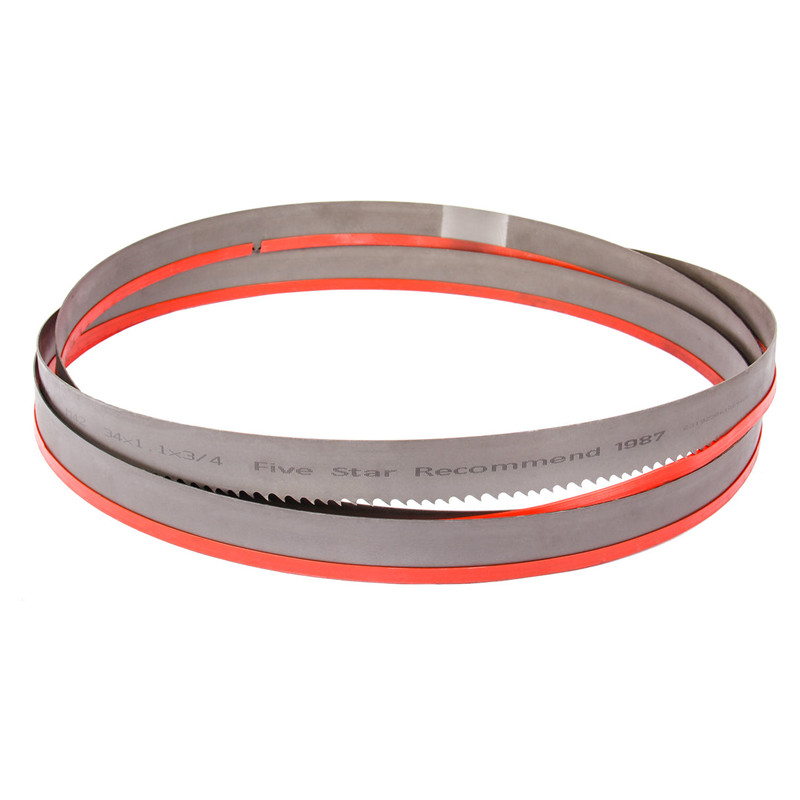 M51 Bi-Metal Bandsaw Blades For Industrial Type
M51 Bi-Metal Bandsaw Blades For Industrial Type -
 Type J-60 Degree Cone Tungsten Carbide Rotary Burr
Type J-60 Degree Cone Tungsten Carbide Rotary Burr -
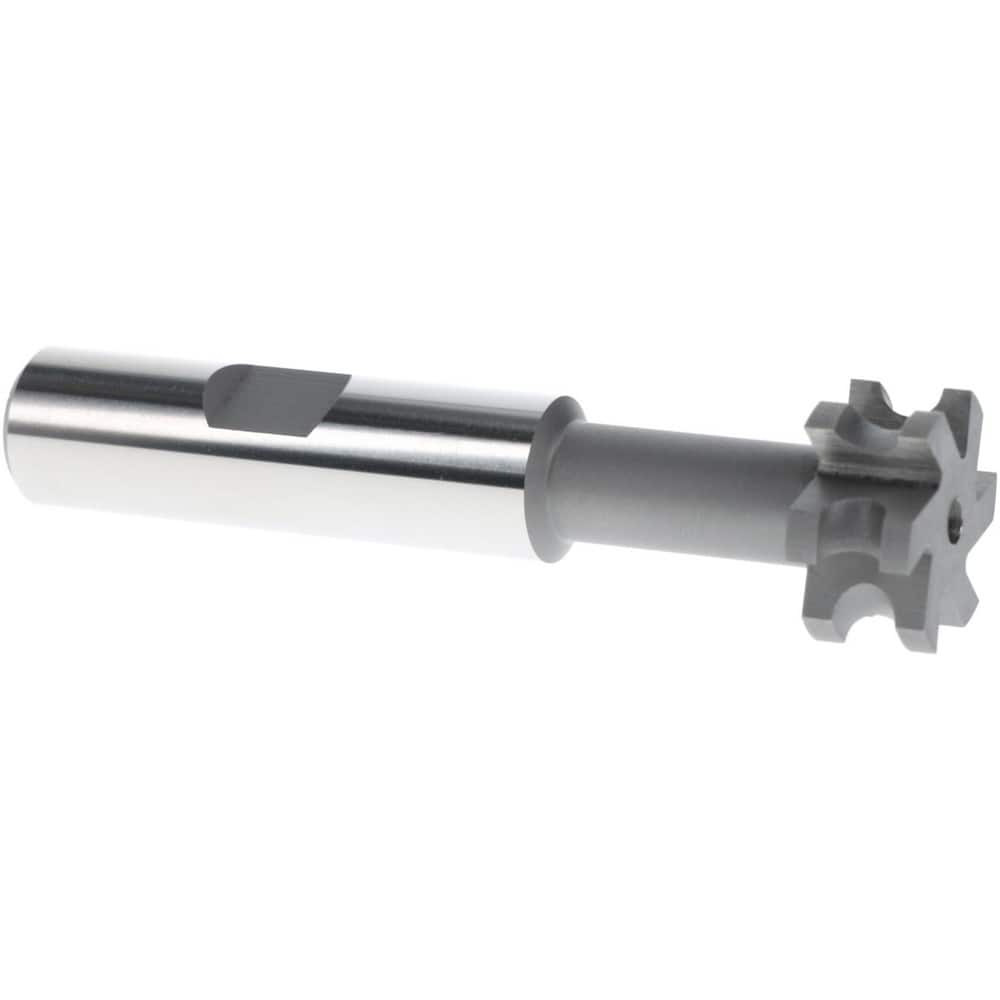 HSS Inch Concave Milling Cutter For Industrial
HSS Inch Concave Milling Cutter For Industrial -
 Precision V Block Set With M Type
Precision V Block Set With M Type -
 9PCS Broken Tap Extractor Set With Storage Box
9PCS Broken Tap Extractor Set With Storage Box -
 Precision Straight Shank To Morse Taper Adapter
Precision Straight Shank To Morse Taper Adapter -
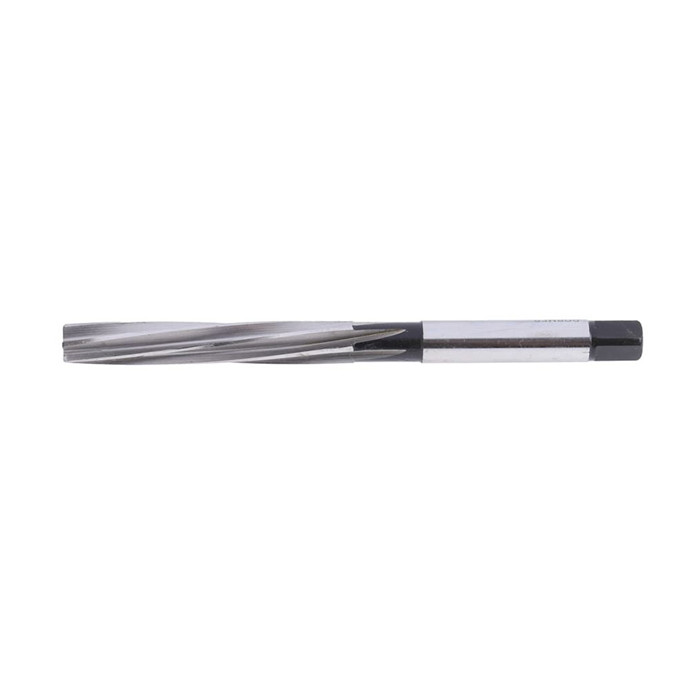 HSS Inch Hand Reamer With Straight Or Spiral Flute
HSS Inch Hand Reamer With Straight Or Spiral Flute -
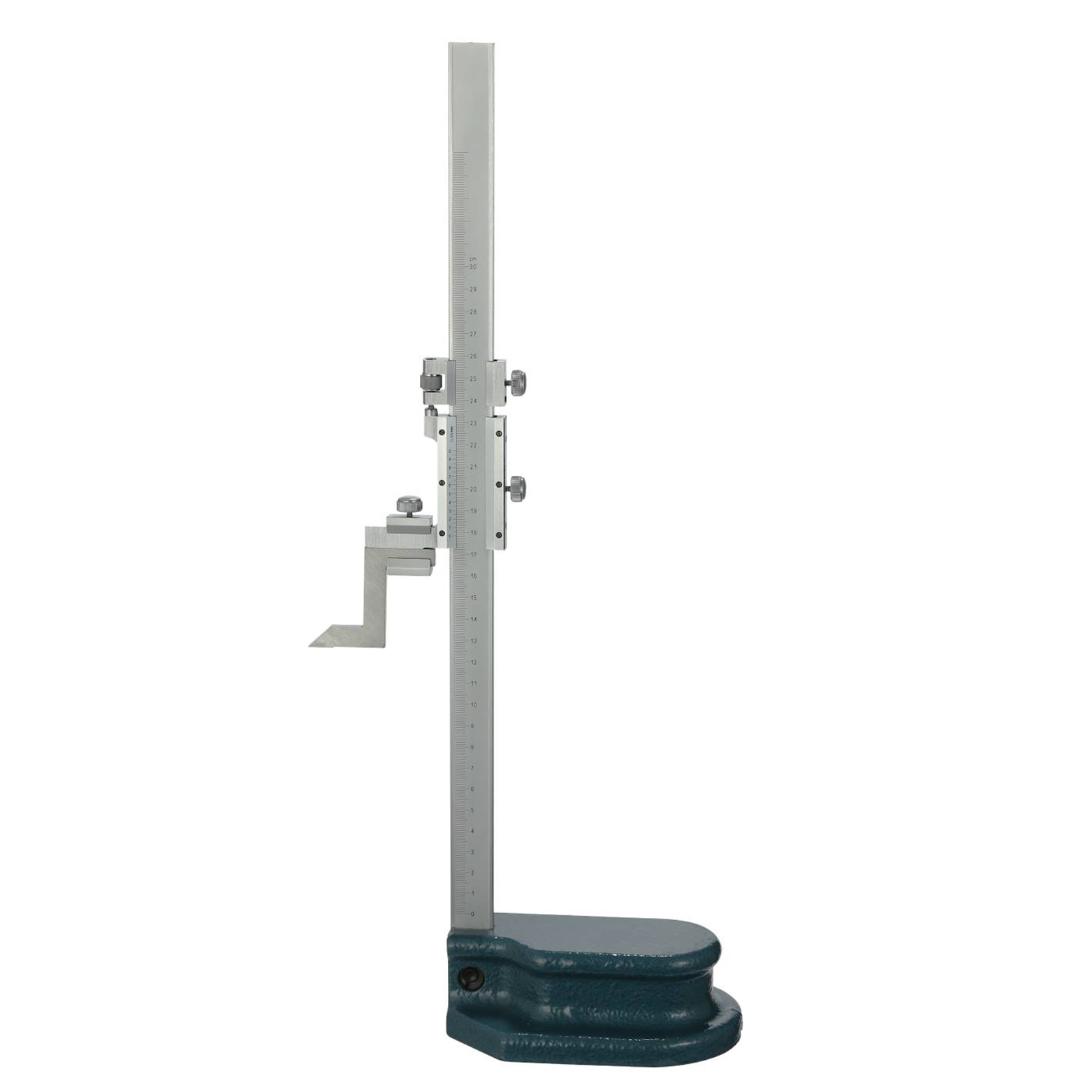 Vernier Height Gauge For Industrial
Vernier Height Gauge For Industrial -
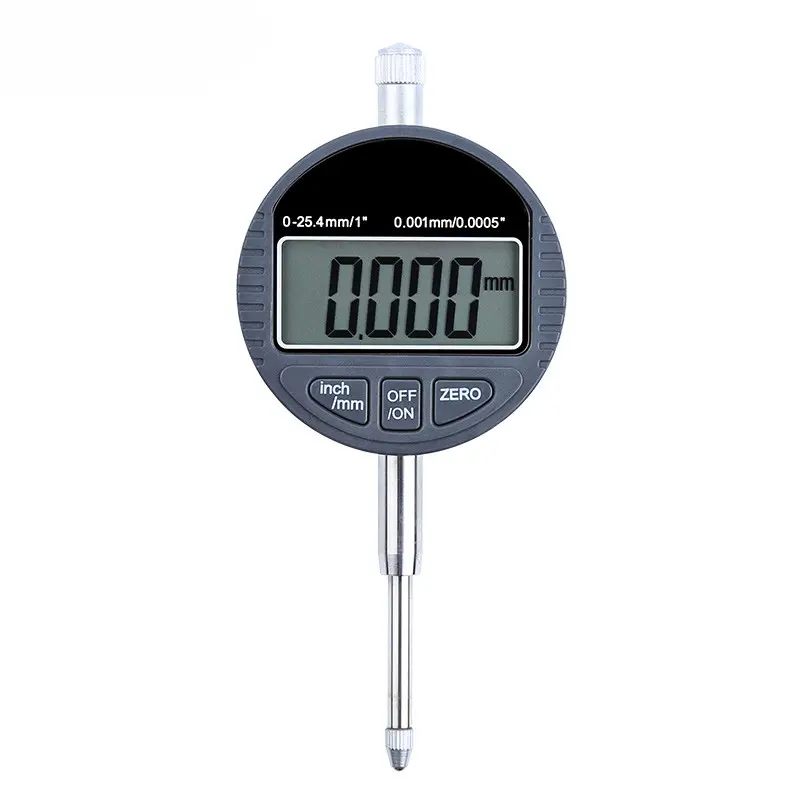 Precision Digital Indicator Gage For Industrial
Precision Digital Indicator Gage For Industrial -
 Precision V Block Set With High Quality Type
Precision V Block Set With High Quality Type -
 MT/R8 Shank Quick Change Tapping Chuck With MT & R8 Shank
MT/R8 Shank Quick Change Tapping Chuck With MT & R8 Shank
Related search
Related search- Indexable Threading Tool Holder Manufacturer
- Threading Tool Holder Manufacturers
- Quick Change Tapping Chuck Manufacturers
- expanding mandrel Supplier
- carbide tipped dead center Manufacturers
- rcmt insert Supplier
- High-Quality SVUC boring bar
- lathe cutting tools Factories
- internal grooving toolholders
- end mill holder Manufacturers










